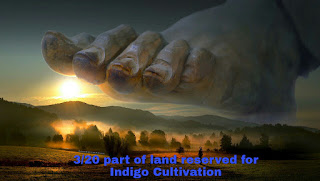New Year Celebration
History of New year Vikram Samvat
The New year was celebrated on 21 March in Babylonia about 4000 years ago. The New year was celebrated on 1 January first time in the world when the dictator of Rome Julius Caesar founded the Julian Calendar in 45BC.
The New year was celebrated on 21 March in Babylonia about 4000 years ago. The New year was celebrated on 1 January first time in the world when the dictator of Rome Julius Caesar founded the Julian Calendar in 45BC.
Hindu New Year
The sister of Kalacharya was kidnapped by King Gandharvasena. The Saka ruler helped Kalacharya and defeated Gandharvasena. Vikramaditya (son of Gandharvasena) later defeated the Sakas and started a new era called Vikram Samvat which dependent on the position of the sun-moon and earth and explained that this system is based on the scientific truth.
According to Hindu Lunar Calendar (Panchang) and Solar calendar New year are celeberated in different parts of India on different dates which often falls in the months of March and April. In Punjab 13th April as Vaisakhi day and in Sikh calendar 14 March as Hola Mohalla.
Marwari celebrate new year on Diwali and Gujarati on the second day of Deepawali. In Jammu as Navratra and in Maharashtra as Gudhi Padwa. In Odisha as Bishuva Sankranti and in Bengal as Poila Boishakh. In Assam as Rongali Bihu and in Andhra pradesh and Karnataka as Ugadi.
In Tamil Nadu as Chithirai Vishu and in Kerala as Vishu.
The Solar calendar is the measure of the earth revolution around sun.
The Lunar calendar is the measure of the moon revolution around the earth.













Comments
Post a Comment